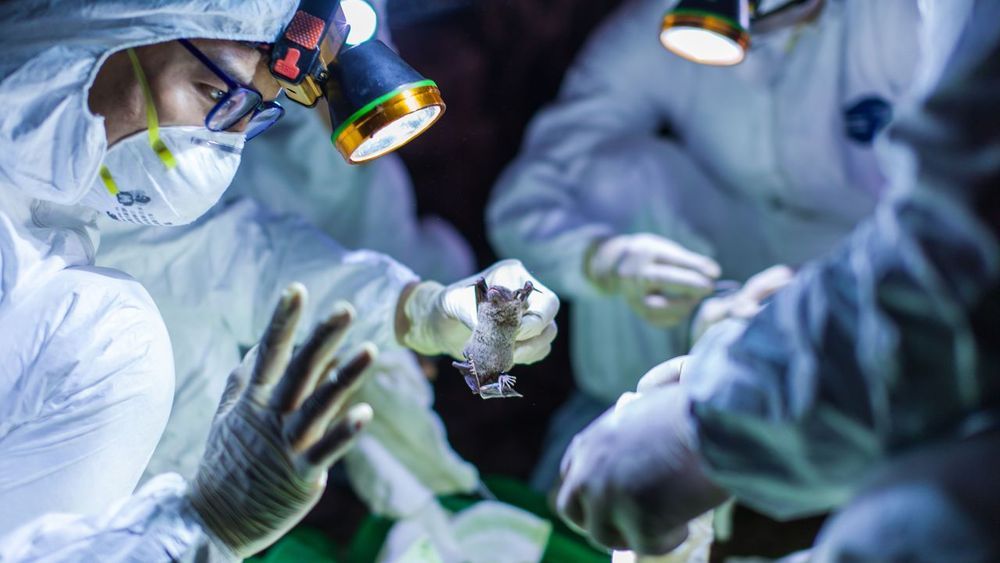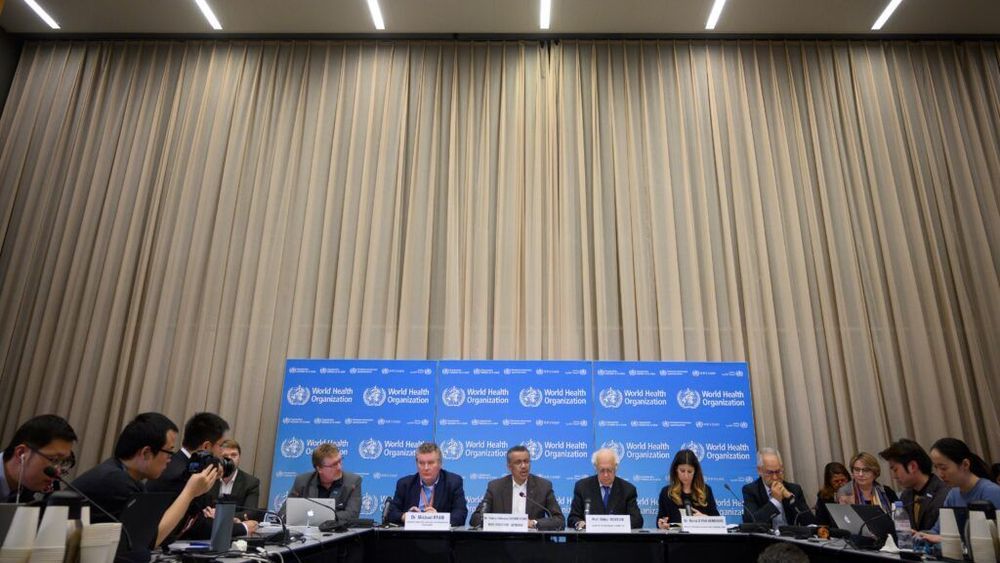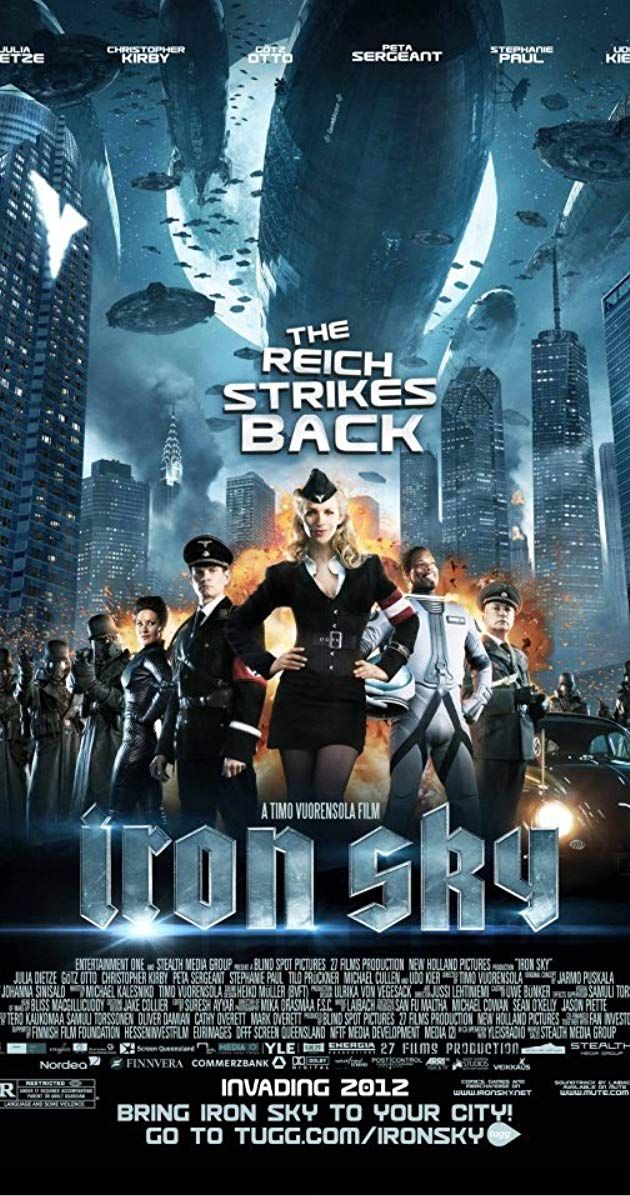Soon-windowless-planes-will-let-passengers-see-world-around-them.
I bet while traveling by plane most of the time, people are fighting over the window seat. The reason is simple; they want to enjoy the magnificent view. Inspired by the idea to give the passengers a panoramic view of the sky, the Center for Process Innovation is creating the future of air travel.
This British technology and research firm is constructing futuristic planes that will be windowless. The length of the aircraft will be covered with OLED touch screens giving the passengers a virtual window seat.








